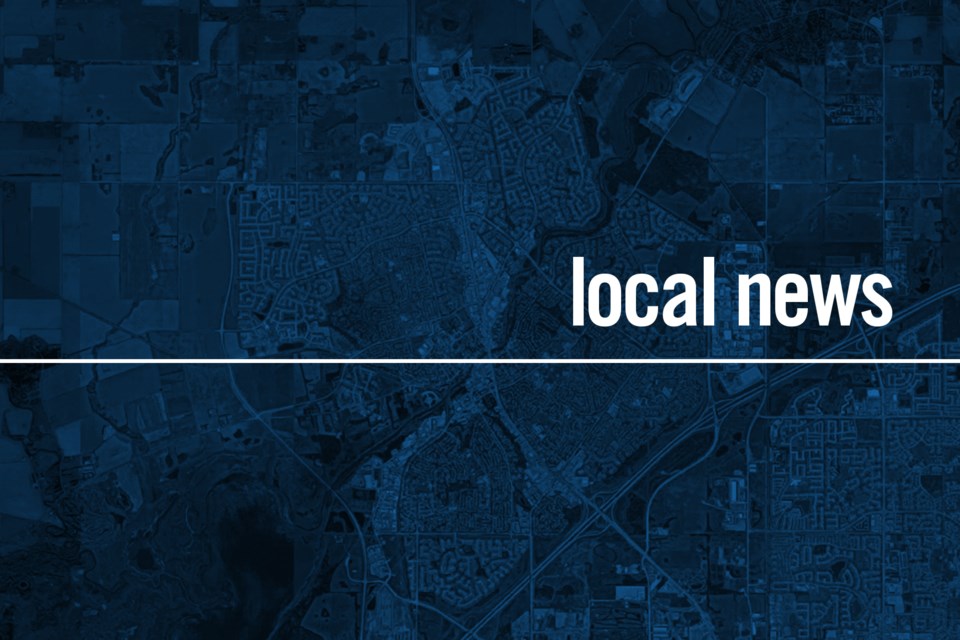Profound are the implications of artificial intelligence and the emergence of the digital economy, says a local tech expert.
“The emergence of the digital economy is going to make people feel uncomfortable – we need to talk about it now because it's creepy. It's like boiling the frog. It's like climate change: you can hardly see it, but it's happening every day,” said Perry Kinkaide, a St. Albert resident and founder of the Alberta Council of Technologies Society.
The government wants to talk about it right now, too. A working group started by the Advisory Council on Artificial Intelligence in conjunction with the Canadian Institute for Advanced Research and Algora Lab is hosting virtual workshops across the country to better understand the public’s grasp of AI.
The workshops are being held regionally with three workshops slated for the western region – April 14 (French language), 19 and 24.
“Artificial intelligence from some people's perspective is robots, but it's much more than robots,” explained Kinkaide – AI is simply taking data and using that data to determine pieces of information larger than what the individual piece of data has to say.
“I am of the belief that we are seeing the beginning of the end of the knowledge economy, and that the emergence of AI will in fact have profound implications for those that have made a living based on knowledge or exclusive rights to practice," he added.
“Because the algorithm will initially be introduced to assist in decision-making but have the potential to actually replace the decision-makers. This is noteworthy if people haven't thought through what artificial intelligence is – they need a wake-up call."
AI is used in many aspects of our lives, from shopping and health to driving a car. The use of AI has exploded with the pandemic and our heavy reliance on the virtual world.
In 2019, the government created the Advisory Council on Artificial Intelligence. A press release stated the mandate of the council is to advise the government on the best ways to build and identify opportunities in AI that will benefit Canadians and reflect on Canadian values.
The council's working group aims to help citizens better understand AI technology, its potential uses and its associated risks, said a March 9 press release. The group aims to boost public awareness and develop public trust in AI.
Kinkaide said there are many positive aspects to AI, such as the personalization of services.
“I mean, personalization says that services are going to be crafted to meet your individual needs. So whether or not you have a certain learning style, the educational process of online learning and even in classroom learning will provide the instructor with information that is much improved,” he said.
In healthcare, error rates should decrease, and service providers should be able to provide more effective, economic and efficient services.
AI and online shopping
“If we talk about shopping, I think we've already got a taste of that when we see that your handheld is already talking to you about what it thinks you need to buy based on what you have been buying,” he said.
The negatives of AI are bound only to the extent of our imaginations and many science fiction worlds explore these negative implications.
“From a business perspective, the implications of the digital economy are that he who owns the data, who knows the customer best, holds the gold,” said Kinkaide.
Fraud is also an issue of concern.
“The amount of fraud that's being perpetrated by people who have data is massive. And the protection systems are having a heck of a time keeping up with it. So, data is about control – it could be for good, it could be for bad, and it depends on who holds that,” he explained.
Ultimately, Kinkaide doesn’t think our institutions are prepared for the digital economy.
“I don't think government has any idea (or) will come up with the right answers – we almost need to think about something brand new that we've never seen before and I'm not sure that government is the entity," he said.
“I don't know what it is – it might be an algorithm of algorithms, might be a system of systems, it might be a united nation of United Nations. It might be something that is regulating the universe, not just regulating the earth, I don't know. But I think the discussion needs to happen."
Kinkaide said there is a lot of thinking going on to answer these questions and some people think there should be a separation from those who own the filters that sift through data to get the knowledge from those that distribute it.
“I think 2021 will, in history, be the key date in terms of whether we get this right or get it wrong. If we get it wrong, this is like climate change; this could really really mess up the economy and mess up borders and mess up the trust that people have or don't have in government. I think this is that serious.”




